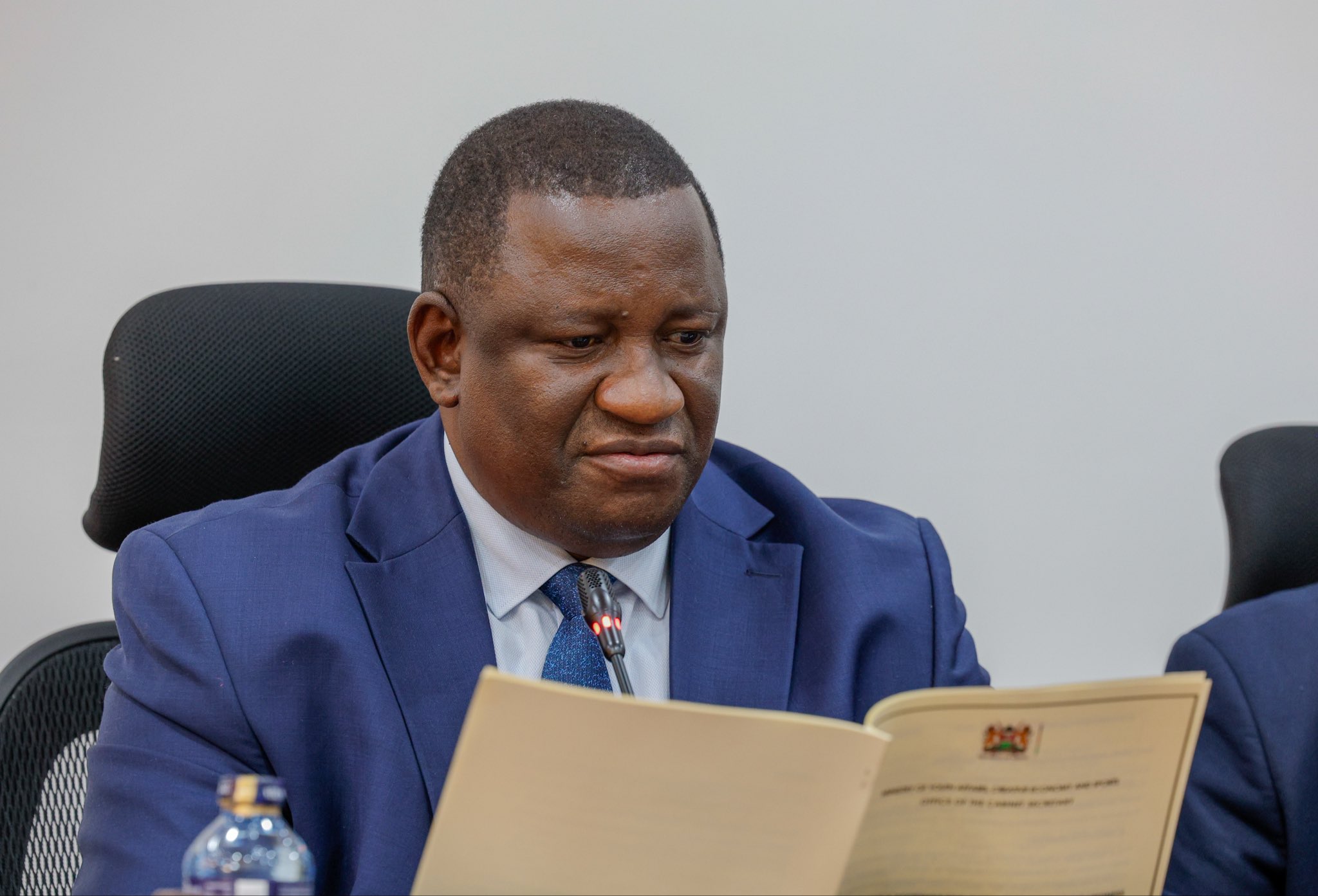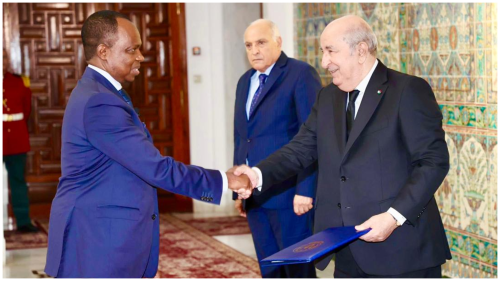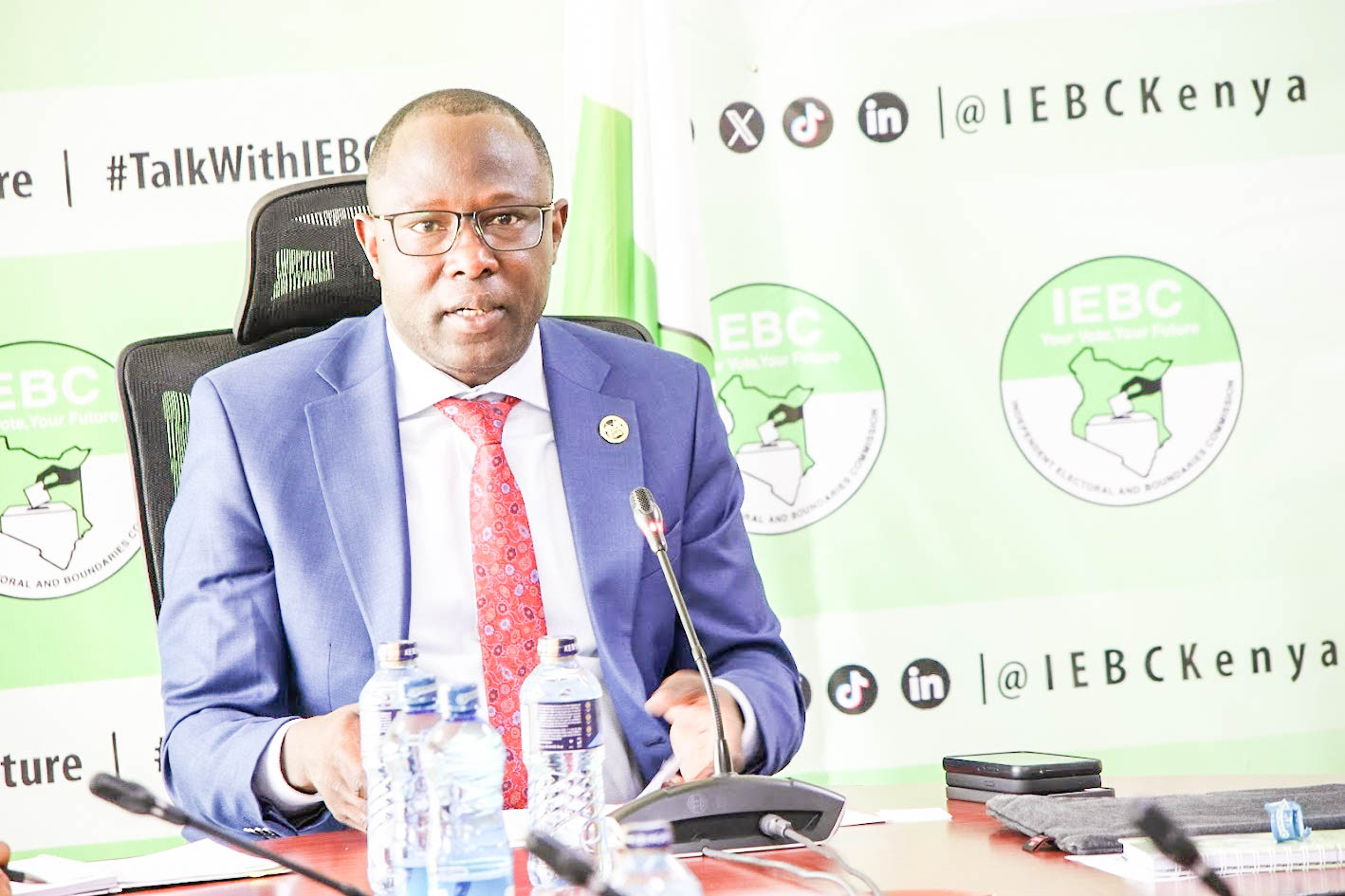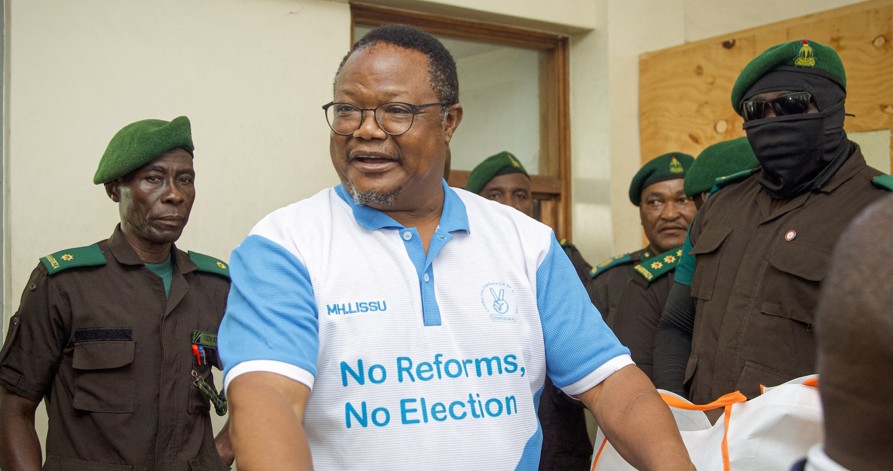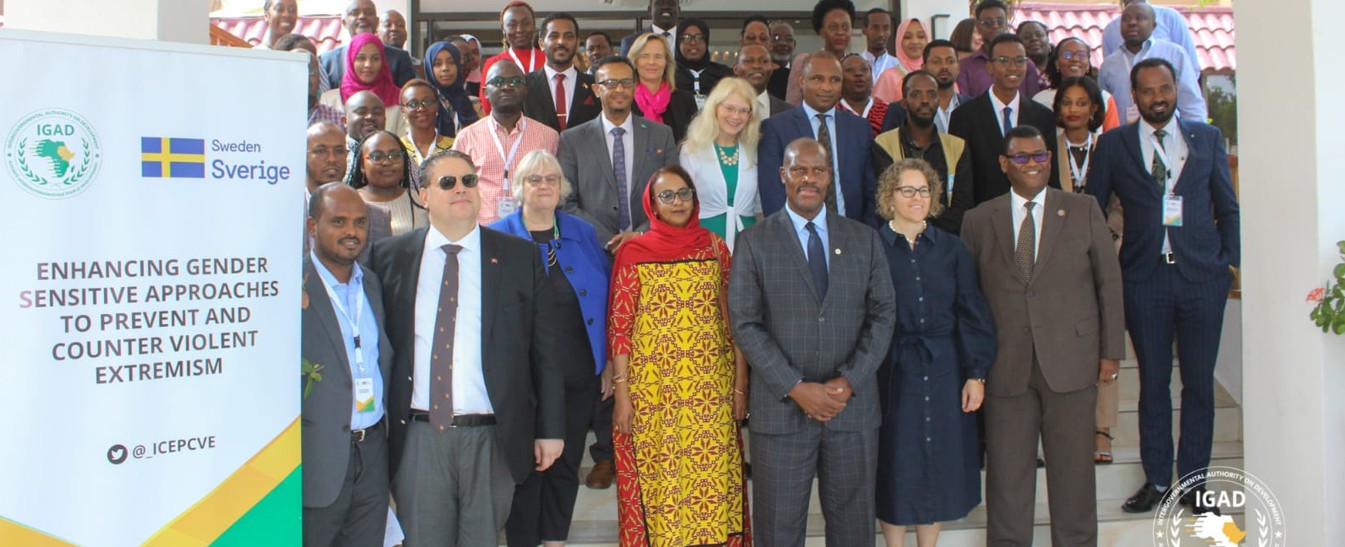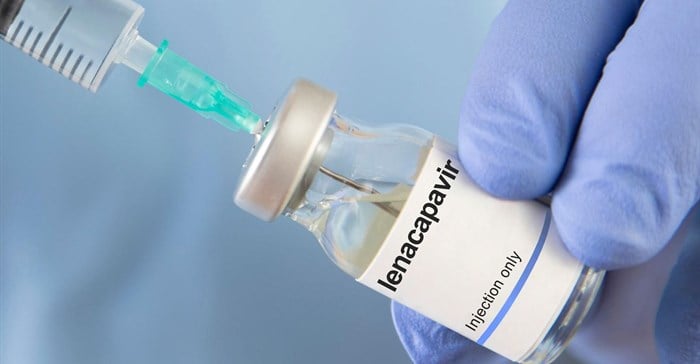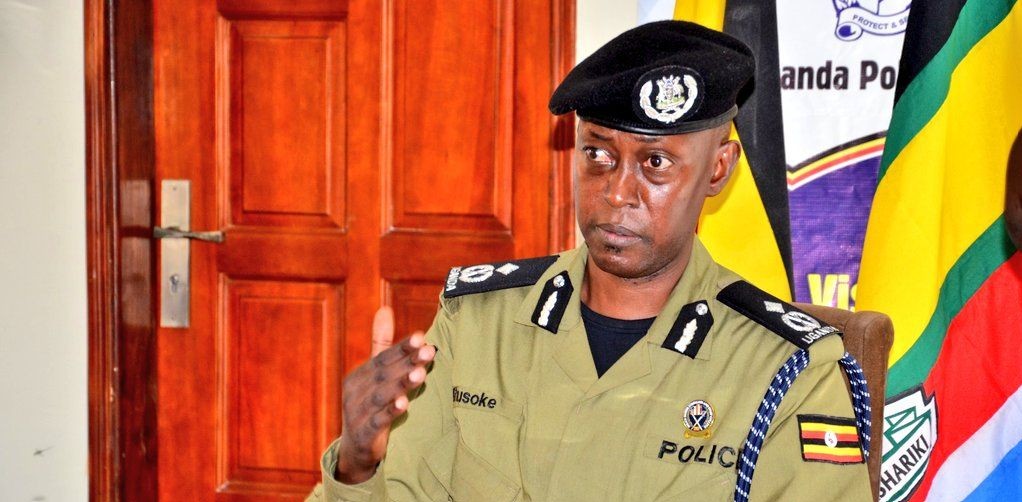Kindiki confirms return of Police Air Wing to National Police Service
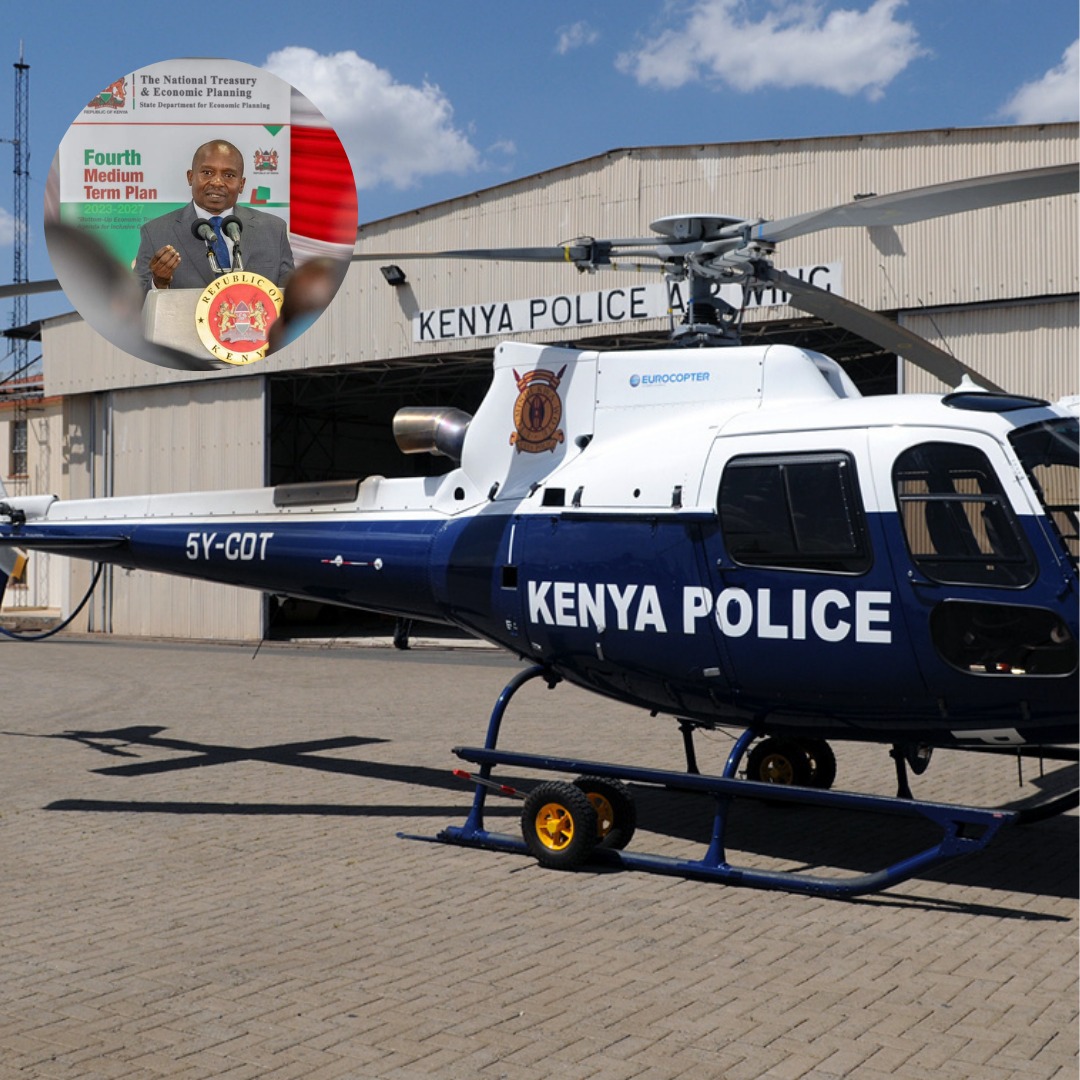
NPS lost control of its air wing following an executive order from retired President Uhuru Kenyatta that placed all of the government's air assets under NASD, a department within the Ministry of Defense, in December 2020.
Professor Kithure Kindiki, the nominee for Interior and Coordination of National Government, has confirmed the National Police Service Air Wing's return to the police three years after the National Air Support Department (NASD) took control of it.
NPS lost control of its air wing following an executive order from retired President Uhuru Kenyatta that placed all of the government's air assets under NASD, a department within the Ministry of Defense, in December 2020.
The department was mandated to manage the operations and maintenance of all aviation air assets owned by all government ministries, departments, and agencies including Kenya Wildlife Service, Kenya Electricity Transmission Company Limited, Kenya Forest Service, Kenya Pipeline Company Limited, Ministry of Health and the Department of Resource Surveys and Remote Sensing.
More To Read
- Kindiki’s office spends almost half of 2025/26 allocation within three months
- AG, NPS back Harun Mwau in petition to bar police commission from recruiting constables
- National Police Service Commission says court lacks jurisdiction on recruitment
- Kindiki: Kenya’s strength lies in unity, labour of its heroes
- DP Kindiki says Raila Odinga is safe, healthy and returning home soon
- NPSC introduces tough measures against corruption in police hiring
The move was prompted by complaints about the airwing's mismanagement, including alleged corruption, which triggered an internal inquiry whose findings were never made public.
Kindiki said during his vetting session at Parliament on Thursday morning that the police have resumed operations at the air wing and are preparing for an expansion plan that will see the government purchase more assets under the police modernisation program.
"We have been able to restore the police air wing, which had collapsed, and we have some of the aircraft now operational and helping us with air surveillance. We are hoping that in the next financial year if I am approved by this house, we'll be able to purchase additional gunship helicopters, which will help finish the remaining work in terms of fighting against terror, banditry, and other organised crimes," he said.
The return of the air wing to the police is part of the recommendations made by Justice (Rtd) David Maraga's Taskforce on Police and Prison Reforms.
Claims that the police service had lost aircraft in crashes and failed to keep the remaining ones safe and in an airworthy condition also contributed to the removal of the police's control over the air wing, necessitating the transfer.
An executive order followed, allowing the KDF to quickly assume control of all police aircraft, ensuring proper management, serviceability, and optimal utilisation of all government-owned aircraft.
Within three years, the police had no readily available aircraft for use in emergencies since the majority of their aircraft were unserviceable and four others had crashed.
In his report, Justice Maraga noted that while reports of poor management and technical failures to maintain and operate the Police Air Wing may have prompted the decision to transfer its management to NASD, appropriate measures should have been taken to address the said failures as opposed to transferring the Air Wing to another agency.
"The Taskforce, therefore, recommends that the Police Air Wing be restored to the exclusive control and management of NPS forthwith," the report notes, adding that during the period the air wing was placed under NASD, critical operations of the service were hampered since it's a critical asset in their operations such as reconnaissance, casualty evacuation, crowd control, and air traffic control.
Command challenges
For example, the report notes, that the control of the air wing by another organ led to the creation of control and command challenges. In some instances, injured police officers had to wait for hours for air rescue.
"Whereas the idea of pooling together for effective and economical use of expensive national assets like aircraft—as other countries have done—is laudable, the Taskforce finds that NPS, an independent security organ with a clear and unshared constitutional mandate to maintain internal security, cannot effectively use the Air Wing when its operations are under or controlled by another organ," the report adds in part.
Additionally, the merger made NPS pilots and engineers redundant, forcing some to leave the service in search of better opportunities.
While presenting their views on the issue to the task force, NPS leadership, led by Inspector General Japhet Koome, sought to have the air wing allocated more funds to enable its independent running.
Since 2010, the NPS has experienced a decrease in operational aircraft, as evidenced by the crash of four of its aircraft: an AS 350 (5Y CDT) in 2012, an AW 139 (5Y NPW) in 2020, an MI17 (5Y UKW) in 2009, and a Bell 206 (5Y COP) during routine training in 2016.
Many more are still grounded and require repair and maintenance.
When President William Ruto took over leadership, he vowed to spearhead reforms within the police service to make it run professionally and without undue interference by external quarters.
Initiating these reforms, he established the Maraga task force, which guided its recommendations with input from police officers and civilians on all matters affecting effective service delivery.
Justice Maraga's report echoed a recommendation by the Ransley report to upgrade the aircraft fleet and equipment and to develop strategies for attracting, motivating, and retaining qualified employees of the Kenya Police Air Wing.
Top Stories Today
